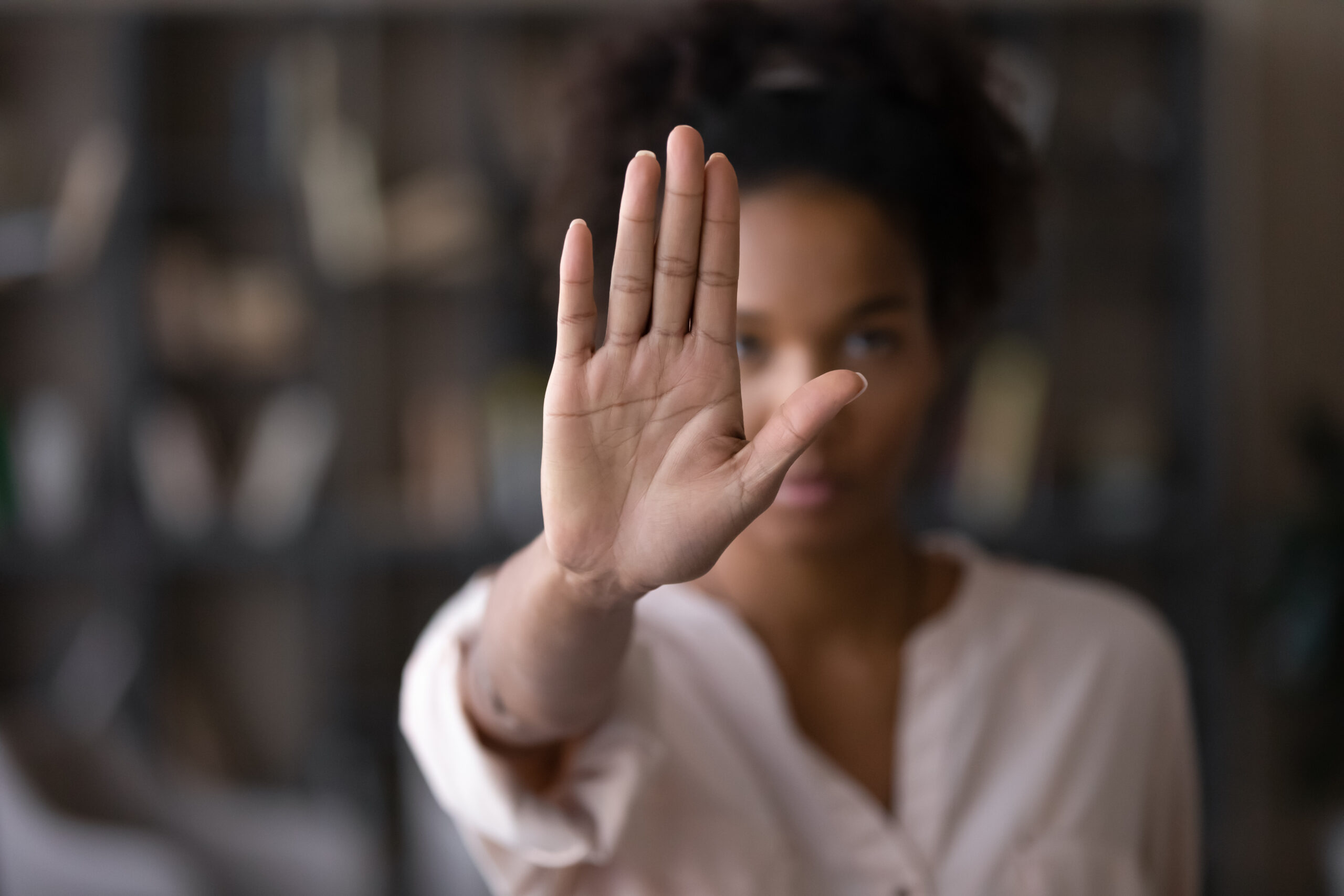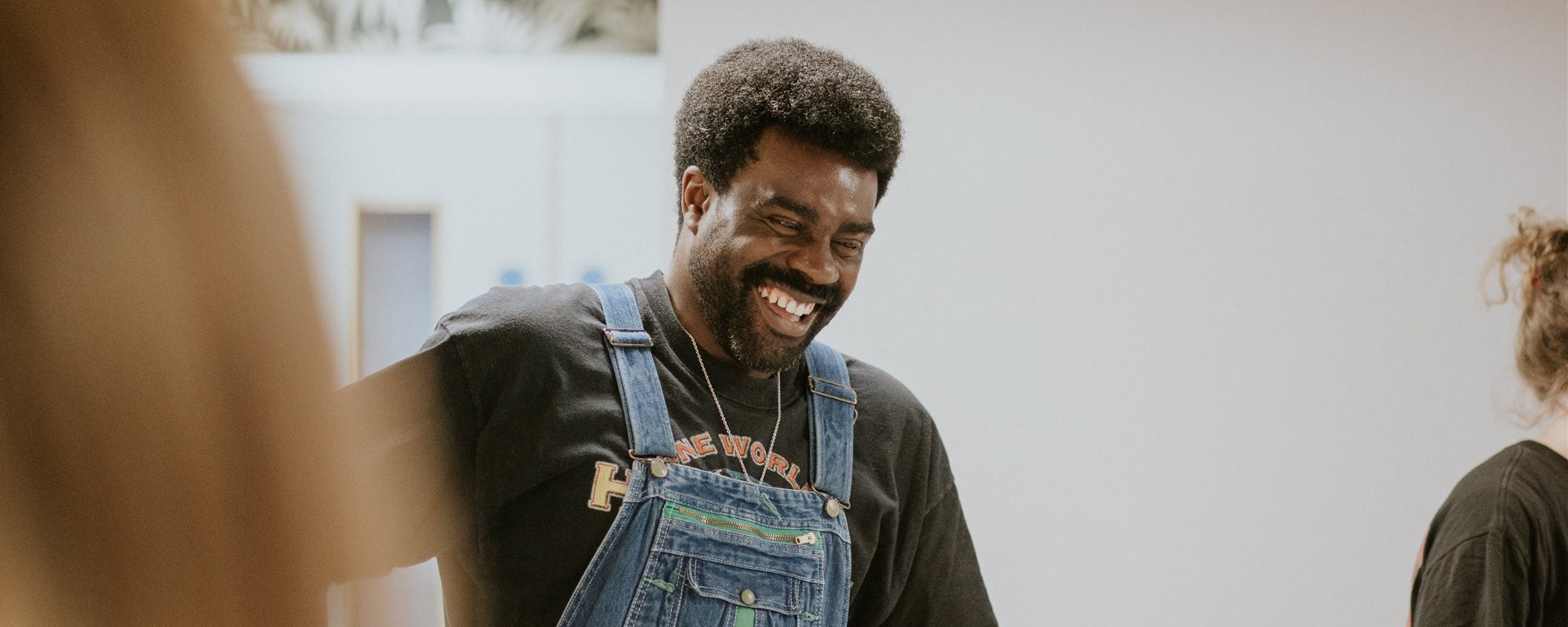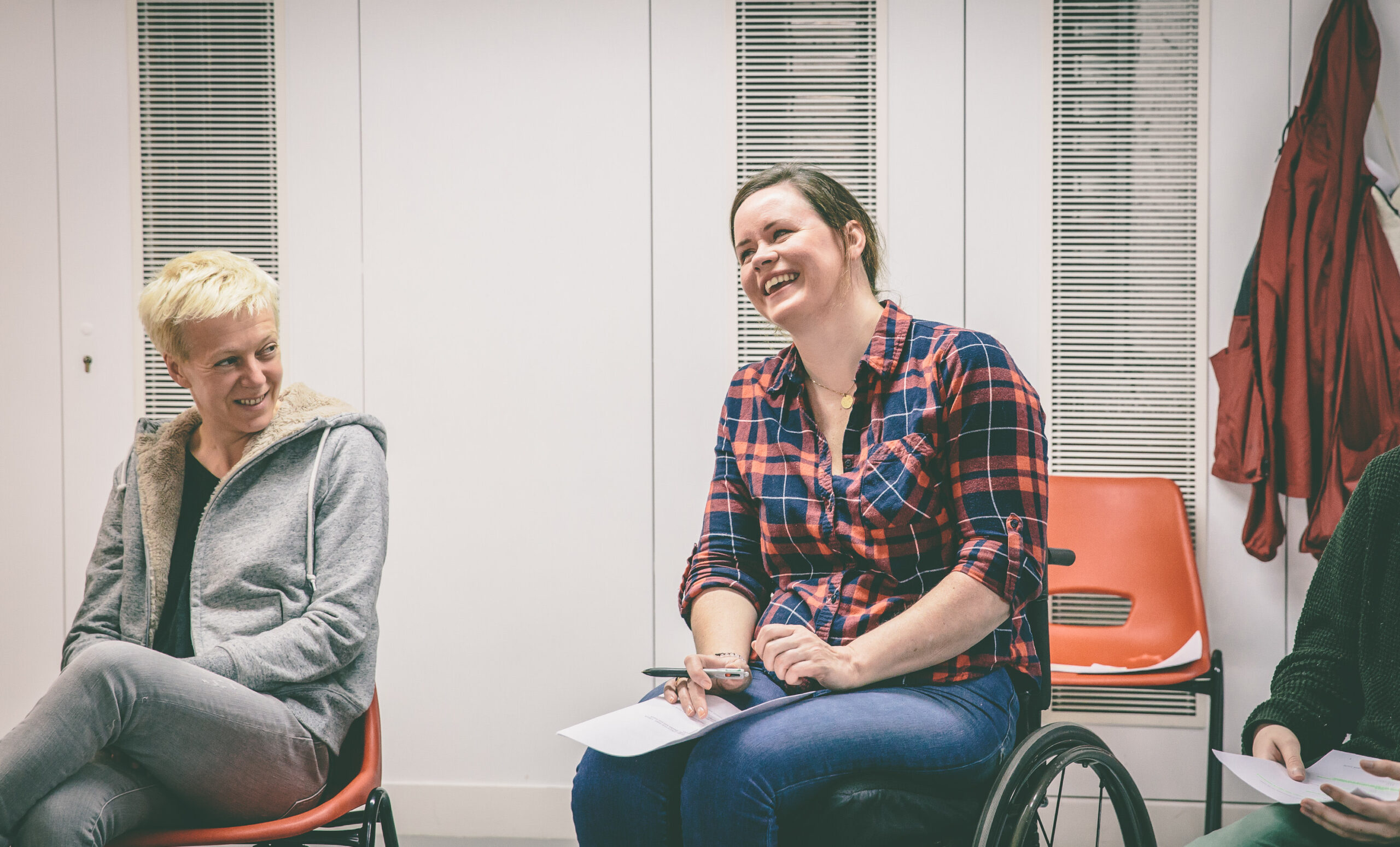A younger performer on coping with the rejection that comes with being an actor…
When I tell people I am an actor, there are usually two questions. The first is: “Are you in anything at the moment?” The second is: “How do you do it? How do you deal with all that rejection?!”
Whether you work in the industry or not, it is no secret that rejection and acting are pretty much synonymous. You cannot have a life as a performer and think you will not become oddly familiar with it. Despite the obvious hardships that rejection deals out to us – all the lamenting, self-deprecation, confusion, upset and fury – there is something to be said about viewing it as a positive experience. Yes, this may seem like a contradiction. So although not getting a job appears entirely like a failure, there are many benefits to it.
This article will reel off all the positives that can be taken from being rejected in the hope of picking you up, dusting you off and putting you back en route. Don’t let it dismantle your confidence in your ability but use it as a point of learning and motivation to continue trying.
Rejection is part of the process
The first thing you must accept is that not only is rejection a by-product (or conjoined twin) to acting, everyone experiences it. It is part of the job and we accept that going into the profession – so don’t feel completely surprised after getting your first, second, tenth or 500th ‘no’. The highs are worth the lows; we know that the successes are worth the troubles they may inflict on us.
The majority of performers can relate to feeling down after falling short of securing a role, so although it may feel like it, you are not alone in being declined for a part. Of course, you might be upset – but this is only because it means something to you. Chances are if acting is something you value, your passion for it is stronger than your sadness from a rejection, and you’ll persevere and ride through this set back. Sometimes it works in your favour and sometimes against, but we accept this job for what it is – warts and all.
Understand why
Perhaps you weren’t right for the role but try to unpick why – ask your agent if they can get notes from the casting director. An actor friend of mine says a casting director once told her to stop moving about so much during her audition, as it was distracting. After adjusting her performances in following auditions, she began securing more roles.
You can learn from the mistakes you are routinely making. You can view the experience, not as a failure but as an opportunity to learn and get better – an opportunity to refine your craft. There is also significance in mentioning that despite appearing to be a superficial business, it is very much a complex one too. These days so much is expected of actors and there are many hoops we must jump through to simply secure a meeting, so don’t feel disheartened if you don’t hear anything after that meeting.
With more people wanting to enter the industry, in addition to the influence of social media, the profession is more ruthlessly competitive than ever. So, be grateful for the experience of an audition and when possible ask for feedback. Accept and dissect the rejection, listen, learn and improve from it because as the author Elizabeth Day repeats: “Learning how to fail, is learning how to succeed better.”
Use the motivation
Another productive way of using rejection is to convert it into motivation. Use it as a catalyst for your work and to focus on your goal. After being rejected it is perfectly normal to feel upset or hard done by – but don’t let this sadness spread further than it needs to. Don’t let it leak into other areas of your life and create a snowball effect. Adjust yourself and your mood after hearing negative news and throw yourself into something different to keep anxious and dismantling thoughts at bay.
Equally, don’t get bitter and bad mouth the casting director or successful actor. The most impressive thing to do after not winning a part is to bounce back from it. Appreciate the chance to meet with new creatives, remain professional and curious and attend to the next job. Use it to spur you on.
Remember: It’s not personal
Even though the business is such a visual, intimate process it is not personal, so don’t let decisions knock you completely. Remember: absolutely everybody has been rejected at some point in their life. Although it can often feel like a solely individual catastrophe, everyone can relate to the feeling and the process. Try to remind yourself that we only witness the successes; we only see the films which have been picked up and made, watch the actors who have been cast, read the writers who have been commissioned. There were hundreds of rejections we didn’t see. Every actor encounters it – daily. Even the 21-time Academy Award nominated Meryl Streep.
So! Accept that rejection is very much a part of the journey, welcome the fact that it gives you a chance to improve and use it as motivation. Learn that everything happens for a reason and trust the rejection – you may not have got that part, but that allows you to have space for a different one.
 Lauren McCrostie is an actress and writer based in London. Previous acting work includes Tim Burton’s ‘Miss Peregrines Home for Peculiar Children’ and Carol Morley’s ‘The Falling’. Lauren also runs her own newsletter (happy helpful homework) which falls in line with her deep passion for sustainability and all things green.
Lauren McCrostie is an actress and writer based in London. Previous acting work includes Tim Burton’s ‘Miss Peregrines Home for Peculiar Children’ and Carol Morley’s ‘The Falling’. Lauren also runs her own newsletter (happy helpful homework) which falls in line with her deep passion for sustainability and all things green.
Image credit: Ross Ferguson












